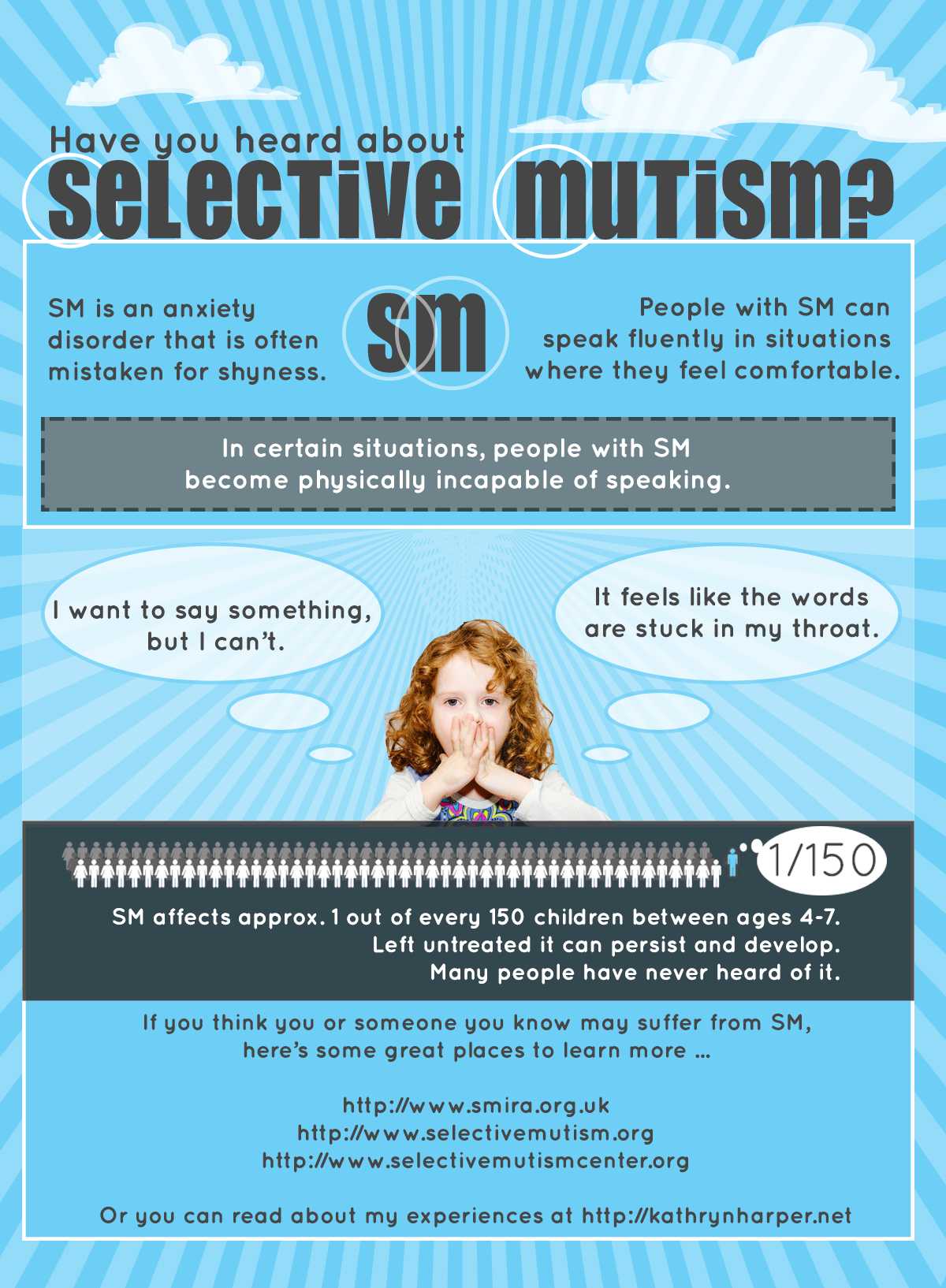We have been asked to help Jamesdean Visley a student at Huntington University find parents of children with ASD to take part in a survey.
My name is Jamesdean Visley, and I am currently a student at Huntington University’s Entry-Level Doctorate of Occupational Therapy Program, Class of 2017. My research group and I are conducting a survey pertaining to how occupational therapy education for caregivers of children with Autism Spectrum Disorder (ASD) is carried over from the clinic, into the home. The title of our research is “Caregivers’ Perspectives on Occupational Therapy Programs for ASD.”Our goal is to bridge the gap between occupational therapy services received in the clinic to continuing those activities at home. We hope to gain an understanding of what aspects of occupational therapy education parents find effective, and what changes they would like to see happen. We greatly appreciate your time in taking this brief survey, and encourage you to forward to any other families that have children with ASD who are receiving occupational therapy services.
The link is below:
https://www.surveymonkey.com/r/caregiversperspectivesonOTprogramsforASD





